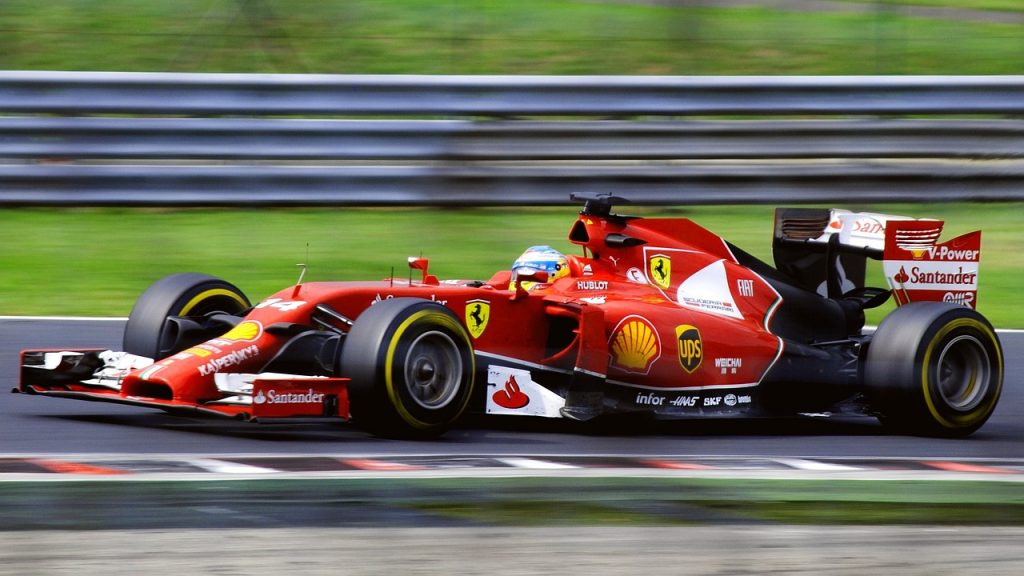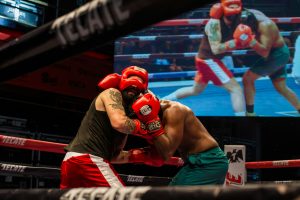Christian Horner made history as the youngest Formula 1 team principal when he took charge of Red Bull Racing at just 31 years old. Since then, he has led the team to multiple championship victories and established himself as one of the most influential figures in the sport. Here’s a closer look at his career, achievements, and impact on Formula 1.
Cleared of Allegations
Recently, Horner was the subject of an internal investigation following allegations made by a female employee. However, Red Bull has confirmed that the grievance has been dismissed, and Horner has maintained his innocence throughout the process.
From Aspiring Driver to Team Leader
Born on November 16, 1973, Christian Horner grew up in a family with deep ties to the automotive industry. His grandfather worked as a purchasing manager for Standard Motor Company, while his father, Garry Horner, co-founded a business supplying car manufacturers with components. Given this background, Horner’s interest in motorsports developed early.
Horner initially pursued a career as a driver, competing in the British Formula Renault Championship, British Formula 2, and British Formula 3. However, after struggling to make significant progress in the sport, he stepped away from racing in 1997 at the age of 25 and shifted his focus toward team management.
Breaking Records in Formula 1
In 2005, Horner became the youngest team principal in F1 history when Red Bull Racing was established. His leadership has since transformed the team into a dominant force in the sport. Under his guidance, Red Bull has secured six Constructors’ Championships and seven Drivers’ Championships, making it one of the most successful teams of the modern era. His tenure also makes him the longest-serving team principal on the F1 grid today.
A Racing Career That Led to Management
Like many young racers, Horner began his motorsports journey in karting before securing a Formula Renault scholarship in 1991. The following year, he joined Manor Motorsport in the British Formula Renault Championship, where he won a race and finished as the highest-placed rookie.
He later competed in British Formula 3, finishing second in the Class B Championship in 1993. Despite strong performances, Horner struggled to secure further race wins and eventually moved to British Formula 2 and Formula 3000. However, his results in Formula 3000 were modest—he finished 21st in 1997 and 33rd in 1998, scoring only one point over two seasons.
During a test session at the Circuit de Estoril in Portugal, Horner found himself trailing behind future F1 star Juan Pablo Montoya. Realizing he couldn’t match Montoya’s level of commitment, Horner made the pivotal decision to retire from racing and focus entirely on team management.
Founding Arden and Entering Team Management
In January 1996, Horner founded the Arden International team, using borrowed money, including a loan from his father. He persuaded Roly Vincini, the founder of P1 Motorsport, to become the team’s race engineer and even purchased a second-hand trailer from Helmut Marko, who was leading Red Bull’s junior team at the time.
Horner competed as a driver in 1997 and 1998, but his breakthrough came after stepping away from the cockpit. In 1999, he signed Viktor Maslov and Marc Goossens for the Formula 3000 season. A 50% stake in the team was briefly acquired by Dave Richards’ Prodrive on behalf of Russian oil company Lukoil, but Horner repurchased it after one season.
By the early 2000s, Arden had gained traction, winning races in the Italian Formula 3000 and securing podium finishes in the international series. Darren Manning, who joined the team in 2000, helped Arden achieve its first pole position and multiple podiums.
In 2002, Arden reached new heights, winning the Formula 3000 team championship. Tomas Enge and Bjorn Wirdheim contributed five victories, with Enge initially winning the drivers’ title. However, Enge was later demoted to third place after failing a drug test.
A Lasting Legacy in F1
Horner’s ability to turn Arden into a dominant force in lower-tier racing categories caught the attention of Red Bull, leading to his appointment as the team’s F1 principal in 2005. Since then, he has played a critical role in shaping the team’s identity and success.
Under his leadership, Red Bull Racing has become one of the most formidable teams in Formula 1, winning multiple titles with world-class drivers such as Sebastian Vettel and Max Verstappen.
With nearly two decades at the helm, Christian Horner remains a central figure in F1, and his influence on the sport is likely to continue for years to come.





More Stories
Netflix Takes Over Boxing in 2026: Mayweather-Pacquiao Rematch Set as Dana White Eyes Fury vs. Joshua
Cadillac Breaks Cover at Super Bowl as F1 Ramps Up Sprint Action
Hamilton Sets the Pace at Monza Amidst Tight Field and Red Flag Interruptions